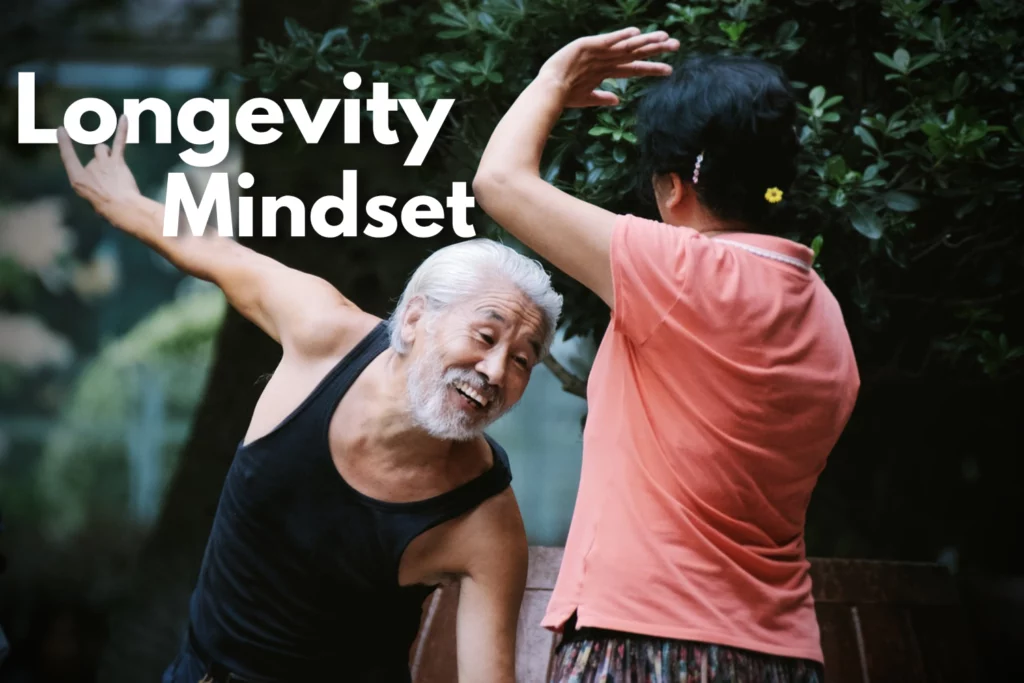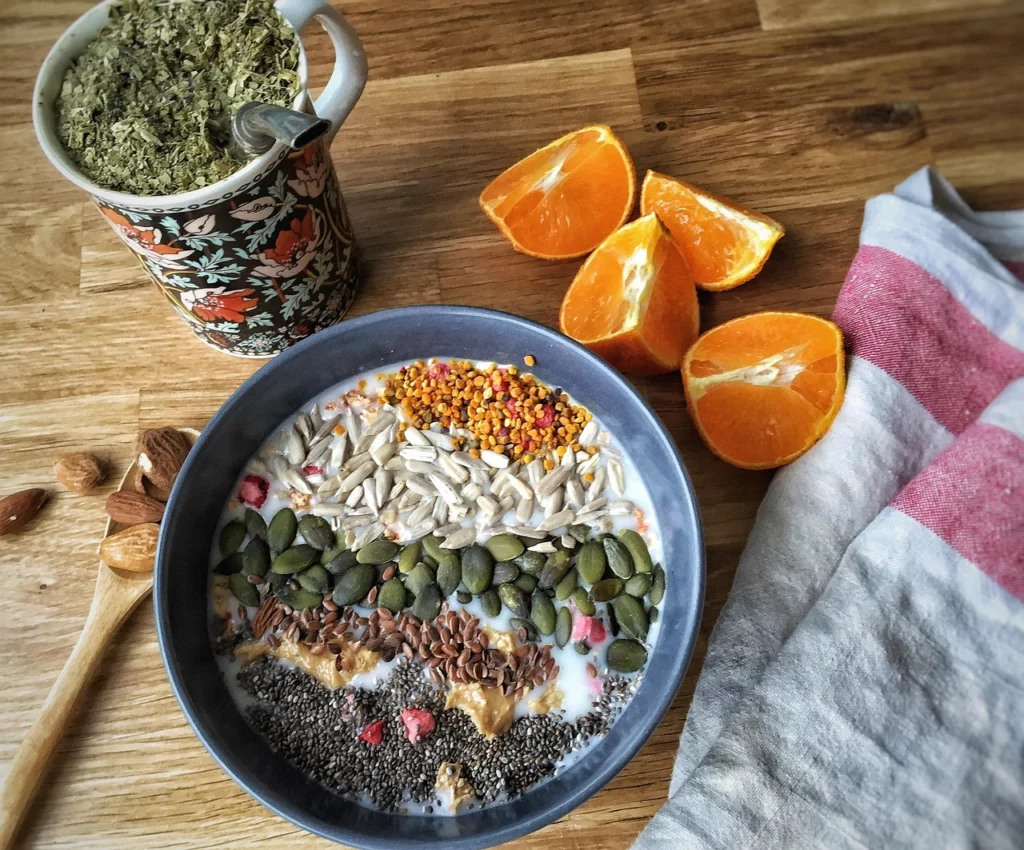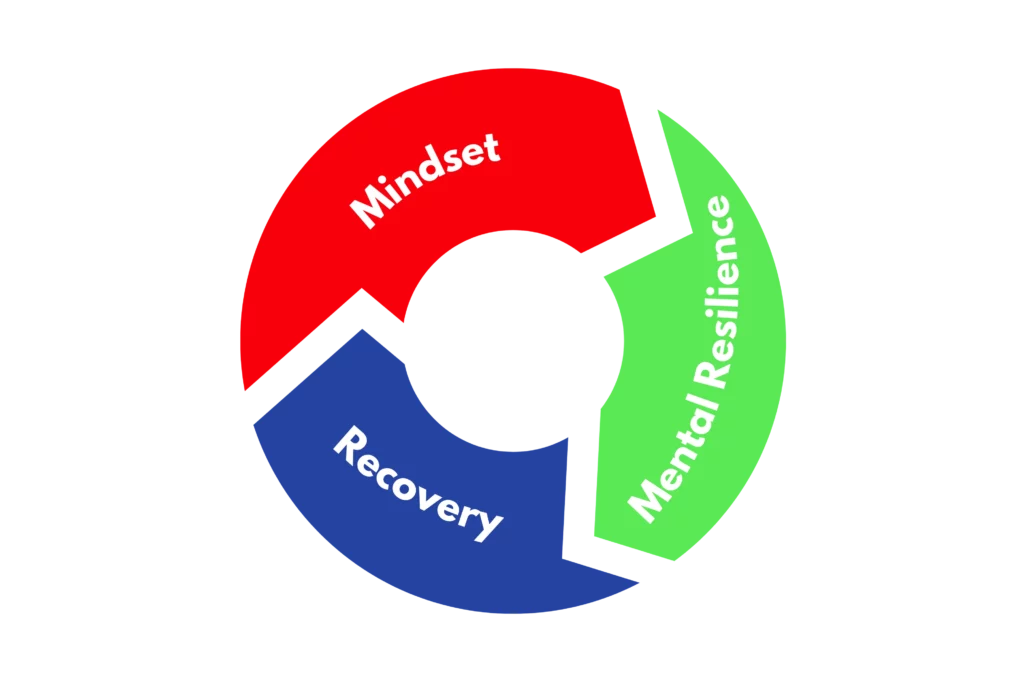The Longevity Mindset with Nick Engerer
In this episode of Star Podcast Endurance World, host John Rueth interviews Nick Engerer—a biohacker, triathlete, and longevity strategist—about what it means to live not only longer, but better.
As human potential is being re-defined, longevity is not something a matter of expanding lifespan. It’s about maximizing healthspan—how many years we live with vitality, strength, and independence. In this honest and encouraging conversation, John and Nick take a deep look at what’s required to develop a lifestyle and mindset for flourishing well into old age.
What is the Longevity Mindset?

A longevity mindset is not necessarily about living to an old age but about extreme health, vitality, and functionality throughout life. Engerer explains, “Longevity is not a destination… it is a mindset.” This viewpoint moves the emphasis away from temporary satisfaction and towards long-term benefits, pointing out the routines that build cellular strength, cognitive function, and general health.
The Power of Proactive Health Choices

One of the key points of Engerer’s philosophy is being in control of one’s health proactively. Most individuals are reactive, treating health issues only after they develop. Yet, according to Engerer, it is a preventative mindset that one should be adopt:
“If you’re only thinking about health when you have a problem, you’re already behind.”
This involves the practice of a lifestyle that incorporates consistent exercise, a nutrient-dense diet, and consistent health monitoring. Longevity is not just preventing disease, but it’s a matter of extreme performance at each phase of life.
Movement as Medicine

Exercise is fundamental for longevity. Engerer emphasizes movement as a pillar of foundation, stating:
“I also say that when you train it helps you stick around, right? You’re not going to die.”
He shares his experience in triathlon, strength training, and functional movement, and observes that consistent physical workouts send important epigenetic signals to the body:
“When you’re training, you’re telling that epigenome, ‘Yeah, keep building muscle, keep lean, keep lean mass on the body…’”
One of the strongest examples Nick cites is a visual contrast between MRI scans of a 40-year-old triathlete, a 74-year-old sedentary man, and a 70-year-old triathlete (see below). The scans themselves demonstrate how the active subjects retain more muscle mass and less fat, even well into their older years, as opposed to the sedentary man whose muscle tissue is enveloped by large quantities of adipose tissue.
A 40-year-old triathlete, a 74-year-old sedentary man, and a 70-year-old triathlete. The stark contrast demonstrates how consistent activity maintains muscle quality and restricts fat gain with age.
This is strong evidence that exercise is not only about achievement, but it’s also about maintaining the stability of your physical structure as you get older.
Triathlon and the Longevity Athlete

Why triathlon? Because, in Nick’s words, “Triathletes are longevity athletes.” Triathlon trains distinct energy systems, muscles, and brain functions with the combination of swimming, cycling, and running. The social aspect of triathlon provides a further dimension of longevity advantages:
“You’re generally doing this with other people who love doing it. That means you’re getting social interactions. You’re improving your mental health.”
And it’s not about going long or hard. Engerer himself prefers sprint distance triathlons and points out that the most health benefits come from consistency, not intensity.
“The first 20 to 40% of exercise you add into your life gives you the most benefit.”
He also reminds us that aging is accompanied by a reduced ability to adapt. The body takes longer to recover and adapt, particularly when starting new training modalities later in life.
Nutrition: Fueling for Longevity

Engerer discussed how important it is to personalize nutrition according to one’s activity level and biology. He insists that:
“You want to feel good. You should feel good. If you don’t feel good. There’s a gap that you need to plug in terms of your nutrition most likely.”
He also highlights the importance of employing blood tests, tracking apps for micronutrients such as Cronometer, and listening to your body in order to fuel optimally.
Mindset, Mental Resilience, and Recovery

Nick views longevity as not a one-time goal but an everyday habit. Managing stress and nervous system regulation are key.
“Emotional stress is a part of that nervous system stress.”
He believes in recovery workouts, intelligent emotional pacing, and easy taking time when life events such as divorce, bereavement, or high-stress work affect physical recovery.
The Power of VO2 Max

One of the best predictors of long life is VO2 max—your capacity to utilize oxygen at high-intensity exercise.
“If you’re in the bottom 20th percentile of VO2 max for your age, you are four times more likely to die in any given year after age 50 than someone in the top 20th percentile.”
Short-course training involving VO2 max intervals e.g., 200-800m run repeats or short bike sprints is an effective means of developing this metric.
Technology and Biohacking

Nick co-hosted a documentary series called Reversed: The Race for Longevity, which discussed how simple lifestyle modifications and some longevity tech devices such as red light therapy or biological age testing can significantly enhance health. Nevertheless, he encourages individuals to begin with the fundamentals:
“Don’t start with the fancy stuff. where we want to start is by developing, adopting, and cultivating a longevity mindset.”
Community: The Missing Longevity Link

Never underestimate the power of community. From the morning runs to the post-swim coffee break, Nick emphasizes the mental well-being advantages of being within a social, engaged community. He recalls a powerful experience:
“Go shake their hand and say, ‘See you next year.'”
These age-group podium standouts in their 70s and 80s are the longevity mindset in motion.
Make the Mindset Shift
Engerer is convinced that the future of human health will be defined by those who get on board with longevity sooner rather than later. Aging is a given, but decline is not. With an emphasis on training, individualized nutrition, stress recovery, and mindset, we don’t add years to life—we add life to years. As Neck says, “The best time to start thinking about longevity was 20 years ago. The second-best time is today.” Make that your starting line.


